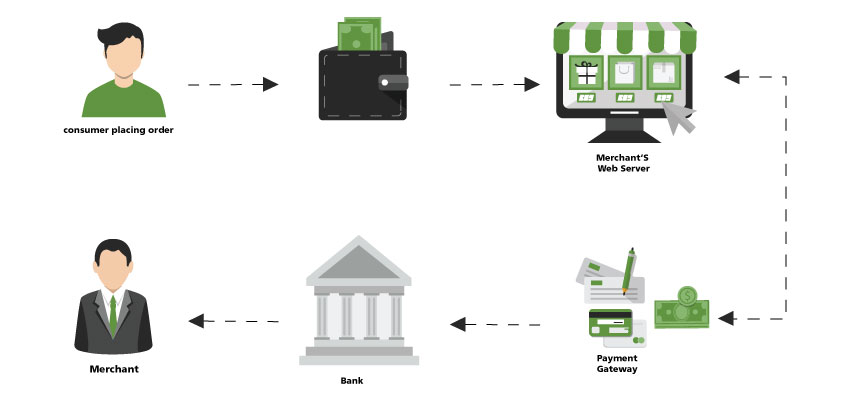In today’s dynamic financial landscape, the ability of banks to maintain seamless operations under any circumstance is paramount. This is especially true for smaller financial institutions, which may need more extensive resources of larger banks. Therefore, adopting a resilient core banking solution is critical for ensuring business continuity and sustaining customer trust. The banking core for small banks plays a crucial role in this endeavor, providing the technological backbone required to withstand disruptions and maintain operations.
Understanding Business Continuity in Banking
Business continuity refers to the ability of an organization to continue delivering products and services at acceptable predefined levels following a disruptive incident. For banks, this means ensuring that customer transactions, data security, and regulatory compliance remain unaffected, regardless of circumstances. A resilient core banking system is vital in achieving this goal, as it provides the infrastructure necessary to support uninterrupted service delivery.
The Importance of a Resilient Core Banking System
A resilient core banking system offers several benefits that are crucial for small banks:
- Minimized Downtime: A robust core banking solution ensures minimal disruption during unforeseen events by utilizing advanced failover mechanisms and disaster recovery protocols.
- Enhanced Security: Cybersecurity threats are a major concern for banks. A resilient core banking system incorporates cutting-edge security features to protect sensitive data.
- Regulatory Compliance: Regulatory requirements are constantly evolving. A core banking system helps banks stay compliant by providing tools and updates aligned with the latest regulations.
The banking core for small banks must incorporate these features to ensure that they can compete effectively in the marketplace.
Key Features of a Resilient Core Banking Solution
When selecting a core banking solution, small banks should look for the following features to ensure business continuity:
1. Scalability
As small banks grow, their core banking system should be able to scale effortlessly. Scalability ensures that the system can handle increased transaction volumes and expand services without compromising performance.
2. Redundancy and Failover Capabilities
A resilient core banking system should have built-in redundancy and failover mechanisms. This means having backup systems that can take over immediately if the primary system fails, ensuring continuous operation without data loss.
3. Data Security and Encryption
Ensuring data security is paramount. A robust core banking solution should provide comprehensive encryption and security protocols to protect against cyber threats and data breaches.
4. Real-Time Processing
Real-time processing capabilities are essential for maintaining customer satisfaction. Customers expect immediate transaction updates and account information. A core banking system should provide real-time data processing to meet these expectations.
5. Disaster Recovery
A well-defined disaster recovery plan is a critical component of business continuity. The core banking system should offer automated backup and recovery processes to restore operations quickly after a disruption.
Integrating Cloud Technology
Cloud technology offers significant advantages for core banking solutions, particularly for small banks. Cloud-based core banking systems provide flexibility, scalability, and cost-efficiency. They enable banks to leverage cutting-edge technology without significant upfront investment in IT infrastructure. Moreover, cloud solutions often come with built-in security and disaster recovery features, further enhancing business continuity.
Training and Support
Implementing a resilient core banking system requires thorough training and support. Banks must ensure that their staff is well-versed in using the new system and that continuous support is available to address any issues promptly. Vendor support is crucial, providing expertise and assistance to ensure smooth operation.
Case Study: Successful Implementation
Consider the example of a small regional bank that recently upgraded its core banking system to a cloud-based solution. Prior to the upgrade, the bank faced frequent downtimes and struggled with outdated technology. After implementing the new system, the bank experienced a significant reduction in downtime, improved data security, and enhanced customer satisfaction due to faster transaction processing. This transformation underscores the importance of investing in a resilient core banking system for small banks.
Conclusion
Ensuring business continuity is a critical objective for all banks, but it is particularly vital for smaller institutions that operate with limited resources. Small banks can minimize downtime, enhance security, and maintain regulatory compliance by investing in a resilient core banking solution. Features such as scalability, redundancy, real-time processing, and cloud integration are essential components of a robust core banking system. Ultimately, the banking core for small banks must be designed to support uninterrupted service delivery, safeguarding customer trust and ensuring long-term success.



